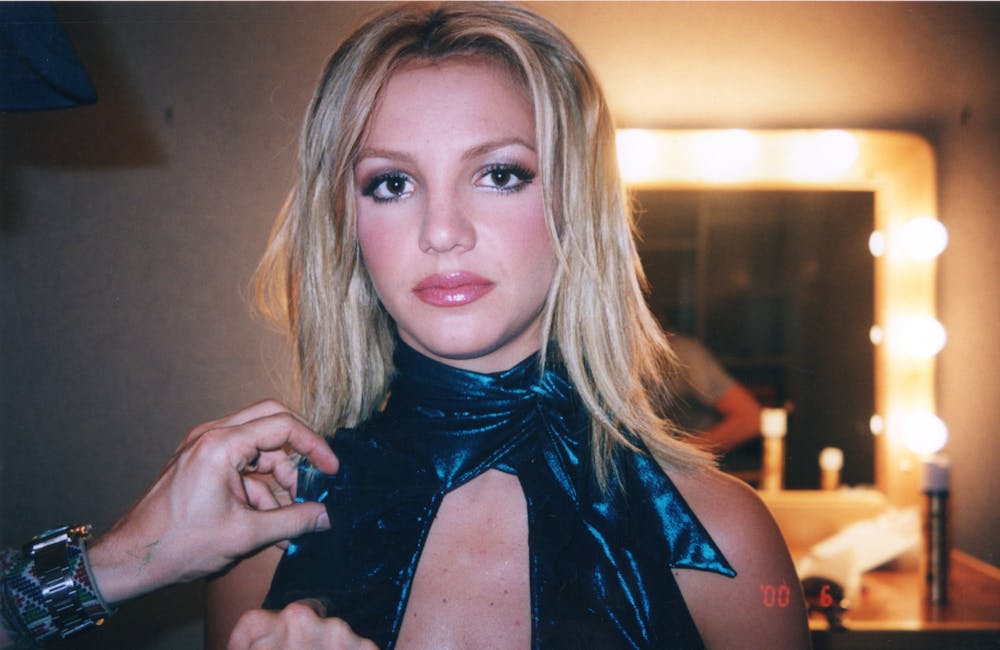The documentary “Framing Britney Spears," released last month on Hulu, has sparked a discussion among viewers, including UNC students and staff, about Spears' conservatorship and its online portrayal.
The documentary, which is a recent episode of The New York Times Presents, gives viewers an intimate glimpse into the star’s life, starting with her upbringing in the small town of Kentwood, Louisiana and her rise to stardom, including the success of her debut album, ...Baby One More Time. The record debuted at number one on the U.S. Billboard charts and remains the highest-selling album by a teenage artist of all time.
A prominent part of the documentary focuses on the #FreeBritney movement, which sought to end the conservatorship of Spears' father, which gives him legal control over her financial assets and daily life.
The documentary covered the latest dispute, which occurred in November 2020 and resulted in Bessemer Trust being chosen as co-conservator of Spears’ estate alongside her father.
The episode featured clips from an interview with Tess Barker and Barbara Gray, the founders of the Britney’s Gram podcast, where each episode is dedicated to analyzing the star’s Instagram posts and searching for hidden messages and possible cries for help within them. #FreeBritney began on social media in 2019 shortly after Barker and Gray received a voicemail from a source claiming to be a part of Spears’ legal team.
Michael D. Acosta, an assistant professor of communication studies at UNC, said the documentary fails to properly shed light on the finer points of the conservatorship and inform viewers about why exactly Spears needed help.
"It instead used it to up the dramatic stakes and ratchet tension for the viewers rather than inform using evidence,” Acosta said. “This doc certainly did its best to imply that the father may be a villain in this scenario, and definitely the antagonist of the film, but we never hear him speak or have any insight into his motivations — therefore it would be intellectually dishonest to judge him by conjecture alone.”
The movement quickly gained traction online and received support from various celebrities and even the American Civil Liberties Union. The documentary was released long after the movement began, but viewers said it covered details of the conservatorship they had not previously been aware of.
Sarah Baker, a first-year political science major at UNC, said she was shocked to learn that conservatorships are not common for people who aren’t elderly or severely ill.



